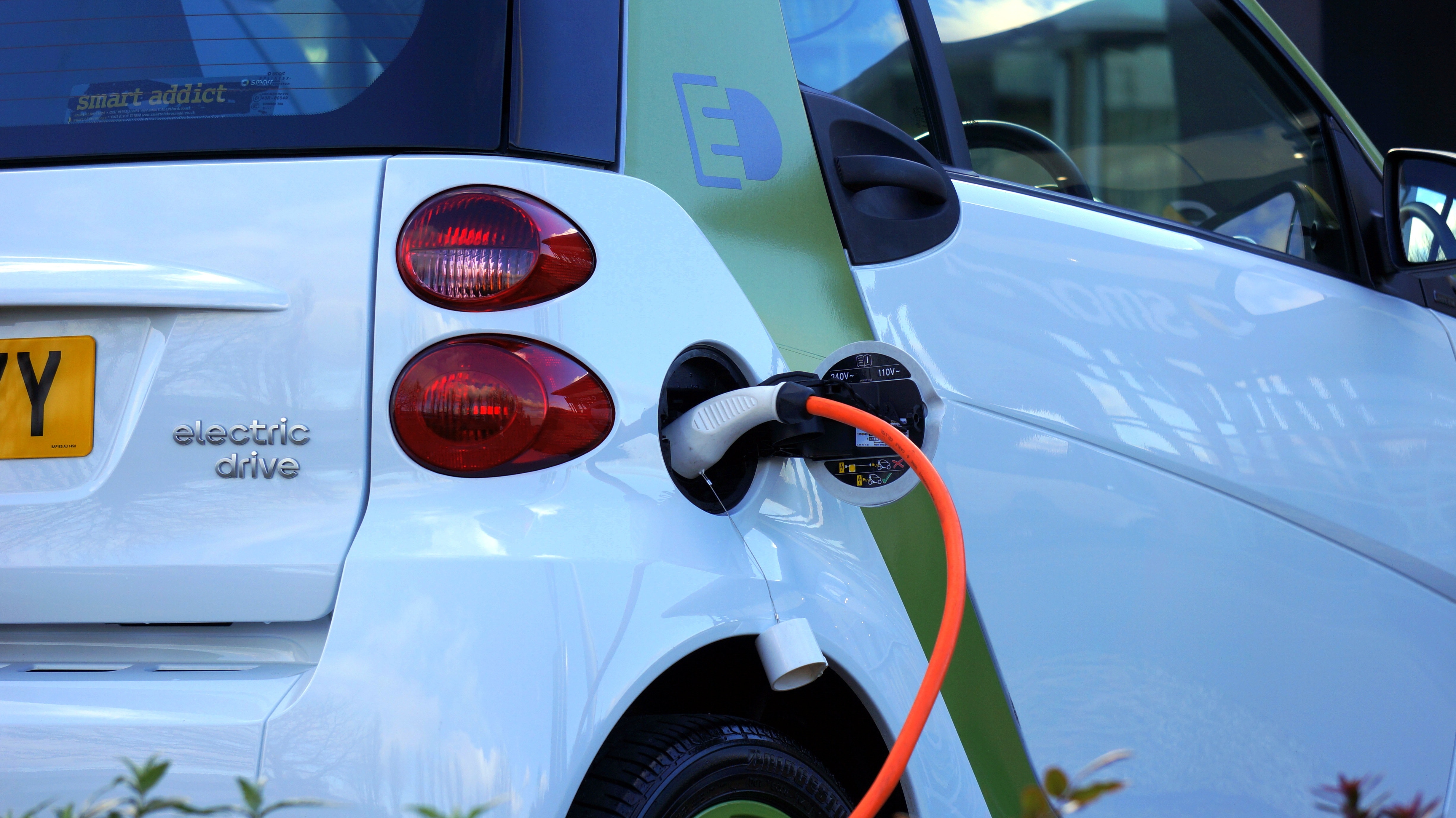2023 UPDATE
We originally wrote this in December 2020, following the then PM Boris Johnson’s announcement that new wholly diesel and petrol cars would not be sold in the UK from 2030. However, 3 years and 2 Prime Ministers’ later, this ban has now been pushed back to 2035.
Current PM Rishi Sunak announced in September 2023 that proposals to ban the sale of new vehicles powered by petrol and diesel had to be delayed due to the “significant hurdles” associated in choosing an electric car – these include high costs, practicalities and (perhaps most significantly) a distinct lack of charging infrastructure across the country to support the wholesale transition to EV.
In a perhaps controversial addition, the UK Gov also confirmed that hybrid and plug-in hybrid car sales would also be banned in 2035; this is a change from the previous announcement that these models would be allowed a “stay of execution” for an additional 5 years.
Anyone who wishes to buy and sell older diesel, petrol or hybrid models will still be able to do so; these decisions affect only newly manufactured cars and vans.
Further reading: https://www.fleetnews.co.uk/news/environment/2023/09/20/pm-considers-delaying-ice-new-car-and-van-sales-ban-by-five-years
2020 piece
The government have recently announced that the sale of new diesel and petrol cars will be banned after 2030. The ban was originally set to take place in 2040 but has been pulled forward in Boris Johnson’s plan to battle climate change and help speed up the increase of electric vehicles on British roads.
The PM’s plan, which was supported by the government’s official panel at the Committee on Climate Change, is likely to proceed together with the national plan to become a carbon neutral economy by 2050.
The plan to increase the use of greener transport will be accomplished through a 2-step phase out of diesel and petrol cars which was announced on the 18th November 2020 after a consultation with the industry, stakeholders and the expanded public.
- Step 1 will be the date of the ban of the sale of new diesel and petrol cars brought forward to 2030.
- Step 2 will confirm all new vans and cars be completely zero emission at the tailpipe from 2035.
The move to ban the production of petrol and diesel cars after 2030 is part of the bigger 10-point plan to encourage a “green industrial revolution” which is aimed at combatting climate change and generating up to 250,000 jobs.
The 10-point plan:
- Carbon capture: A technology that captures and stores damaging emissions away from the atmosphere which will remover 10MT (metric tons) of carbon dioxide by the year 2030. This amount is equivalent to tall emissions of the industrial Humber today.
- Electric Vehicles: Speeding up the phase from diesel and petrol vehicles to electric vehicles as well as converting infrastructure to support electric vehicles.
- Hydrogen: Producing the first town completely heated by hydrogen by 2030 as well as creating 5GW of low carbon hydrogen manufacture capacity by the end of the decade.
- Nuclear: Encouraging nuclear energy as a clean energy source as well as creating the next era of advanced ad small nuclear reactors, supporting up to 10,000 jobs.
- Public transport, walking & cycling: Focus on making walking and cycling a more appealing form of transport as well as developing zero emission public transport.
- Natural environment: Restoring and protecting nature as well as planting 30,000 hectares of trees yearly, which creates thousands of jobs.
- Innovation & finance: Manufacturing technology that is required for the plan and development of the City of London to become the centre of green finance globally.
- Jet Zero & greener maritime: Assisting research projects to develop zero emission ships and planes.
- Offshore wind: Utilising enough offshore wind to power all homes, quadrupling creation to 40GW by 2030 and creating up to 60,000 new jobs.
- Homes & public buildings: Developing buildings to be warmer, more energy efficient and greener, creating up to 50,000 jobs by the end of the decade. The installation of 600,000 heat pumps every year by 2028.
The aim for the UK is to bring all greenhouse gas emissions to net zero by 2050.









